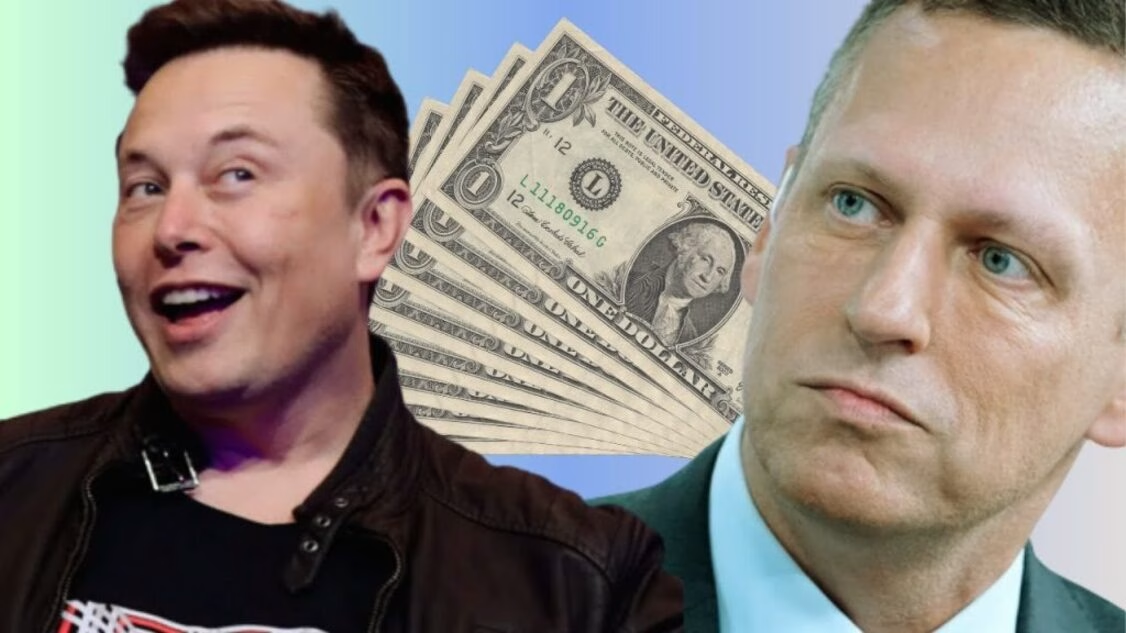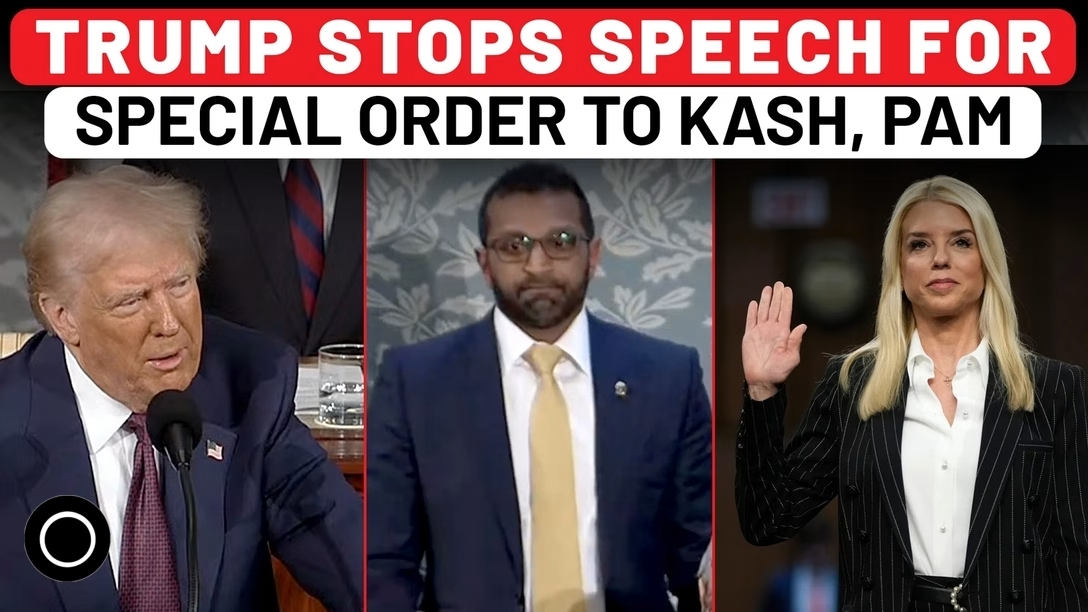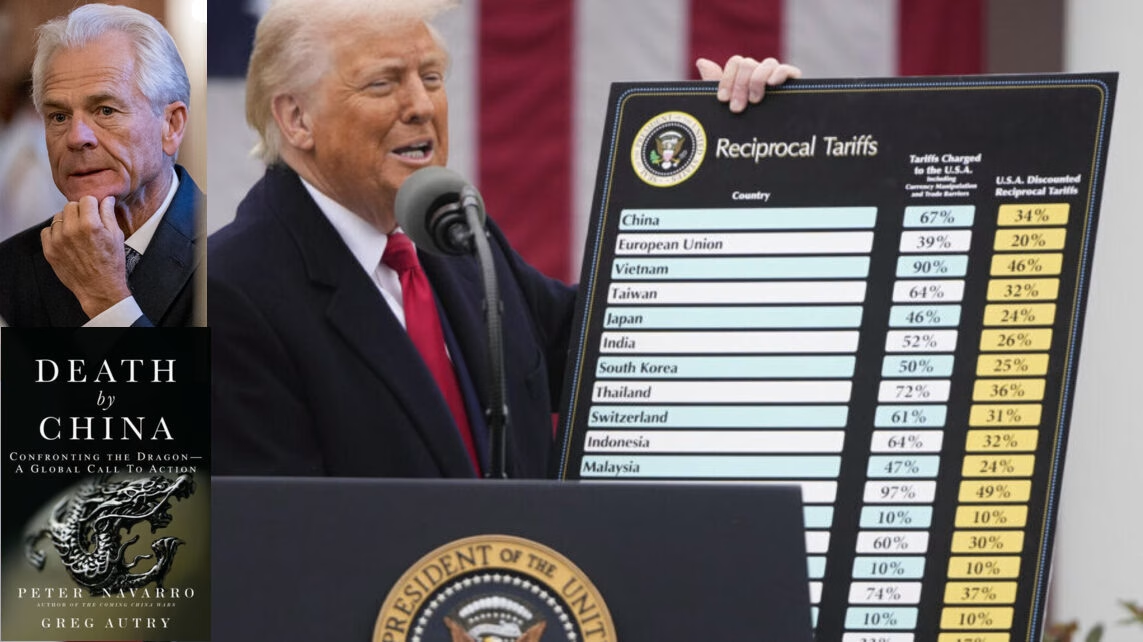By Ben Emos | Tuesday, October 11, 2024 | 5 min read
Donald Trump has long thrived on political confrontation, frequently using his powerful social media presence to spread controversial ideas and target his opponents. However, his actions involving former President Barack Obama—specifically the incident where Trump allegedly shared Obama’s home address on his Truth Social platform—reveal a more troubling dynamic. It suggests that Trump fears Obama’s enduring star power and is willing to engage in reckless behavior to undermine him.
This incident goes beyond typical political rivalry and raises serious questions about Trump’s intentions and his use of social media to potentially incite dangerous actions. The consequences became alarmingly real when Taylor Taranto, a man who had reposted Trump’s message, was arrested near Obama’s residence. Taranto, who had guns and 400 rounds of ammunition in his van, was seemingly prepared for violence. The fact that such a situation could have escalated into an assassination attempt underscores the profound risks involved in Trump’s behavior.
The gravity of this situation raises an uncomfortable question: Was Trump influenced by tactics employed by authoritarian leaders, like Russian President Vladimir Putin, who have been linked to the mysterious deaths and disappearances of political rivals? In light of the recent revelations that Trump had spoken to Putin as many as seven times since leaving office, the parallels are hard to ignore. Putin has long been accused of eliminating political threats through shadowy means, and the notion that Trump might adopt a similarly dangerous strategy—albeit indirectly by inciting fervent MAGA followers—is a chilling prospect.
Trump’s base, including those who participated in the January 6 insurrection, has already demonstrated a willingness to act on his words. By sharing sensitive information such as Obama’s home address, Trump isn’t just indulging in reckless political theater—he’s fanning the flames of potential violence. Taylor Taranto, a known participant in the January 6 attack on the Capitol, was an ideal candidate for this dangerous incitement. A follower steeped in conspiracy theories and willing to act on Trump’s cues, Taranto’s actions near Obama’s home suggest that Trump’s social media posts can have dangerous, real-world consequences. According to reports, Trump posted a screenshot on his Truth Social account that included what was purportedly Obama’s home address. Taranto, who had already been involved in the January 6th Capitol riot, reposted Trump’s message before being arrested by the Secret Service near Obama’s home with weapons and potentially explosive materials in his vehicle.
While Trump may not have explicitly instructed anyone to harm Obama, the combination of his inflammatory rhetoric and the willingness of some followers to take extreme actions creates a volatile situation. The potential for harm is amplified when sensitive information is publicly shared in the manner that Trump allegedly did. This goes beyond political maneuvering—it’s a reflection of the dangerous lengths Trump may go to neutralize someone he perceives as a threat.
Obama’s star power, which Trump has long viewed as a political threat, is likely at the heart of this calculated move. As one of the most influential figures in modern American politics, Obama’s charisma, political insight, and ability to galvanize Democratic support make him a formidable figure, particularly as the next election approaches. Trump’s decision to target Obama’s safety by allegedly exposing his address appears to be driven by a deep-seated fear of Obama’s capacity to overshadow his influence—something vividly demonstrated during Obama’s recent rally in Pittsburgh.
At the Pittsburgh rally, Obama’s commanding presence, energy, and connection with the crowd underscored the impact he continues to have on the political landscape. He effortlessly reminds voters of the stark contrast between Harris’s vision and Trump’s, while reigniting the Democratic base with a sense of hope and urgency. For Trump, this represents more than just a political rivalry; it’s a challenge to his standing in the Republican base and an erosion of the influence he has wielded over his supporters since 2016.
Obama’s ability to mobilize voters and elevate candidates like Kamala Harris and Tim Walz strikes at the heart of Trump’s ambitions. The fear that Obama’s presence on the campaign trail could sway key voters, weaken Trump’s grip on his own base, and shift momentum away from Trump-aligned candidates may explain why Trump has taken such reckless actions to undermine his political adversary.
This incident is not just an alarming example of Trump’s disregard for the safety of others; it also raises the possibility that his strategies may be influenced by authoritarian figures like Putin, with whom he has maintained contact. Whether Trump’s actions are a reflection of this influence or a desperate attempt to diminish Obama’s star power, the potential for violence and harm is undeniable. Trump’s post-presidency behavior continues to spark concerns about the dangers of his influence, especially when it involves his willingness to endanger his opponents through indirect, yet highly consequential, means.
Trump’s rivalry with Obama is not new. From the inception of his political career, Trump made Obama a central figure of his attacks, most notably through the racist and false “birther” conspiracy, where he baselessly questioned Obama’s citizenship. Trump’s preoccupation with Obama has persisted, and as Obama remains a key figure in American politics, Trump has struggled to overshadow his predecessor’s popularity and influence.
The incident involving Taylor Taranto, a man who was arrested near Obama’s Washington D.C. residence after reportedly reposting an address shared by Trump, highlights the dangerous lengths to which Trump might go to weaken his rivals.
While Trump may not have directly called for violence, sharing sensitive information like the address of a former president crosses a dangerous line. Even if his intention was merely to provoke, this type of action can easily inspire individuals on the fringes to take matters into their own hands, as was allegedly the case with Taranto.
Copyright 2024 FN, NewsRoom.







